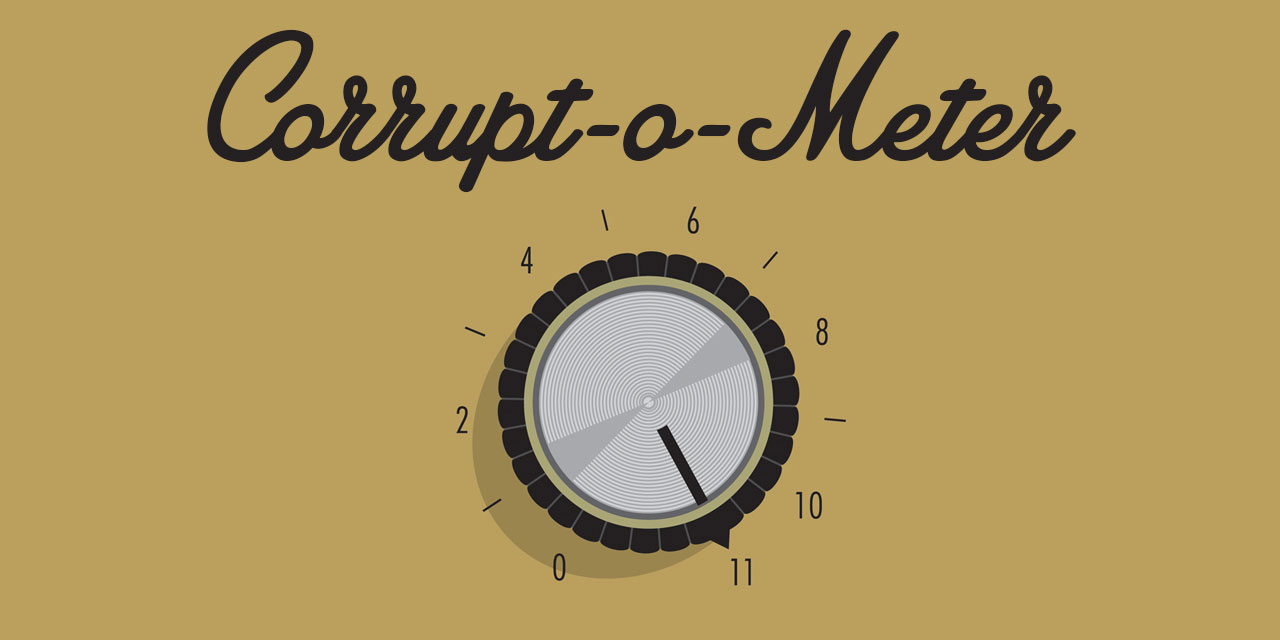More than half of regional and local officials elected in 2016 have since been investigated, sanctioned, or removed from their post over corruption, according to an anti-corruption NGO.
More than $5 billion has gone missing due to Colombia’s corruption in the last two years – more than 70% from the public sector, Transparency for Colombia revealed in its latest report.
Corruption in Colombia is a structural and systematic phenomenon which is present in public management at national, municipal, and provincial level. The most acute area is public contracting, for the provision of goods and services or for the links between private parties and the State.
Transparency for Colombia
The study analyzed corruption events reported in media outlets between 2016 and 2018. Using 46 media outlets, the NGO found 327 cases of alleged corruption.
Given that this study includes only events which were reported in the press, it is likely that there are substantially more, even than the report suggests, especially given that the Odebrecht bribery case is still under investigation.
The worst affected sectors are education, infrastructure, transport, and health, and the corruption is worst at a local level, constituting 69% of incidences.
Administrative corruption constituted 73% measured during the period, with private at 9%, judicial at 7%, political at 7%, State corruption at 2%.
Civil servants were responsible for 39% of the acts of corruption, and elected public officials 30%, with the private sector accounting for another 16%.
Colombia’s citizens are directly impacted by these levels of corruption, says the group, even more so because they are concentrated at local level, where budget is distributed to projects and social work.
Nearly half of the incidences (45%) were concentrated in the provinces of Santander, Atlantico, Valle del Cauca, Antioquia and Bolivar.
Though the majority of corruption is in the public sector, it is also rife in the private sector, in fraudulent management, interference with free competition and price fixing, money laundering, and tax evasion.
As a society we must set ourselves an ambitious goal: to fight corruption in all its forms. And I believe that this can be achieved through legal reforms, but there is no magic wand to help us eradicate corruption if we do not have the capacity to reflect on what affects us, to demand greater results, and if we do not care about the care of the public, and we leave the task to the State alone without doing our part.
Transparency for Colombia president Andres Hernandez
Accountability for these crimes is shockingly low: between 2016 and 2018, 920 corruption investigations were opened, of which only 23% resulted in a conviction, sanction, or fine.
Furthermore, nearly 12 million citizens voted in favor of an Anti-Corruption council, which the government of President Ivan Duque had committed to advancing: nothing has been done and the council has not even been signed into law.


